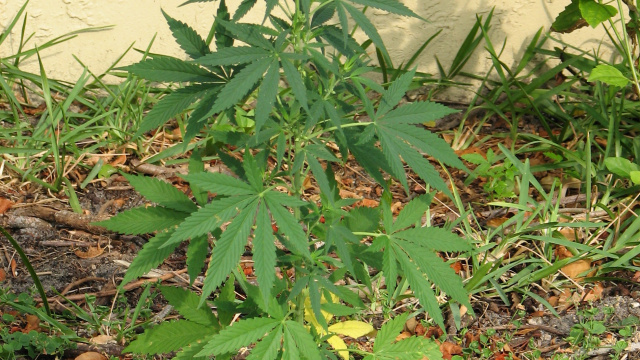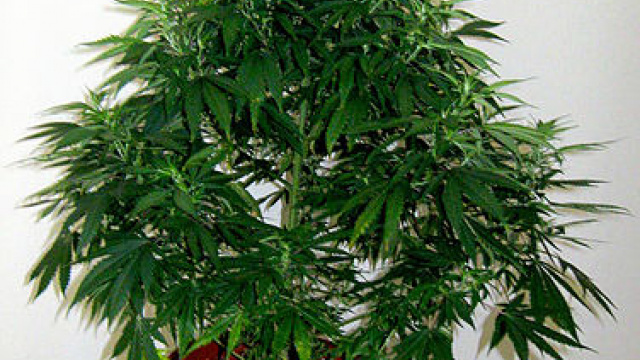Posted by Good German on January 27, 2013

Forget rising temperatures and bigger storms, this is the big problem that neither side of the mainstream debate over environmental destruction is talking about. Peter Tatchell reported for the Guardian back in 2008:
The rise in carbon dioxide emissions is big news. It is prompting action to reverse global warming. But little or no attention is being paid to the long-term fall in oxygen concentrations and its knock-on effects.
Compared to prehistoric times, the level of oxygen in the earth’s atmosphere has declined by over a third and in polluted cities the decline may be more than 50%. This change in the makeup of the air we breathe has potentially serious implications for our health. Indeed, it could ultimately threaten the survival of human life on earth, according to Roddy Newman, who is drafting a new book, The Oxygen Crisis.
I am not a scientist, but this seems a reasonable concern. It is a possibility that we should examine and assess. So, what’s the evidence?
Around 10,000 years ago, the planet’s forest cover was at least twice what it is today, which means that forests are now emitting only half the amount of oxygen.
Desertification and deforestation are rapidly accelerating this long-term loss of oxygen sources.
The story at sea is much the same. Nasa reports that in the north Pacific ocean oxygen-producing phytoplankton concentrations are 30% lower today, compared to the 1980s. This is a huge drop in just three decades.
Moreover, the UN environment programme confirmed in 2004 that there were nearly 150 “dead zones” in the world’s oceans where discharged sewage and industrial waste, farm fertiliser run-off and other pollutants have reduced oxygen levels to such an extent that most or all sea creatures can no longer live there. This oxygen starvation is reducing regional fish stocks and diminishing the food supplies of populations that are dependent on fishing. It also causes genetic mutations and hormonal changes that can affect the reproductive capacity of sea life, which could further diminish global fish supplies.
Professor Robert Berner of Yale University has researched oxygen levels in prehistoric times by chemically analysing air bubbles trapped in fossilised tree amber. He suggests that humans breathed a much more oxygen-rich air 10,000 years ago.
Further back, the oxygen levels were even greater. Robert Sloan has listed the percentage of oxygen in samples of dinosaur-era amber as: 28% (130m years ago), 29% (115m years ago), 35% (95m years ago), 33% (88m years ago), 35% (75m years ago), 35% (70m years ago), 35% (68m years ago), 31% (65.2m years ago), and 29% (65m years ago).
Professor Ian Plimer of Adelaide University and Professor Jon Harrison of the University of Arizona concur. Like most other scientists they accept that oxygen levels in the atmosphere in prehistoric times averaged around 30% to 35%, compared to only 21% today – and that the levels are even less in densely populated, polluted city centres and industrial complexes, perhaps only 15 % or lower.
Much of this recent, accelerated change is down to human activity, notably the industrial revolution and the burning of fossil fuels. The Professor of Geological Sciences at Notre Dame University in Indiana, J Keith Rigby, was quoted in 1993-1994 as saying:
In the 20th century, humanity has pumped increasing amounts of carbon dioxide into the atmosphere by burning the carbon stored in coal, petroleum and natural gas. In the process, we’ve also been consuming oxygen and destroying plant life – cutting down forests at an alarming rate and thereby short-circuiting the cycle’s natural rebound. We’re artificially slowing down one process and speeding up another, forcing a change in the atmosphere.
Very interesting. But does this decline in oxygen matter? Are there any practical consequences that we ought to be concerned about? What is the effect of lower oxygen levels on the human body? Does it disrupt and impair our immune systems and therefore make us more prone to cancer and degenerative diseases?
The effects of long term oxygen deprivation on the brain, called cerebral hypoxia, are known and some sound reminiscent of the general rise of stupidity in the industrialized world.
Professor Ervin Laszlo (quoted in Tatchell’s article) writes:
Evidence from prehistoric times indicates that the oxygen content of pristine nature was above the 21% of total volume that it is today. It has decreased in recent times due mainly to the burning of coal in the middle of the last century. Currently the oxygen content of the Earth’s atmosphere dips to 19% over impacted areas, and it is down to 12 to 17% over the major cities. At these levels it is difficult for people to get sufficient oxygen to maintain bodily health: it takes a proper intake of oxygen to keep body cells and organs, and the entire immune system, functioning at full efficiency. At the levels we have reached today cancers and other degenerative diseases are likely to develop. And at 6 to 7% life can no longer be sustained.
More specific details regarding the drop in atmospheric oxygen can be found here.



Leave a Reply